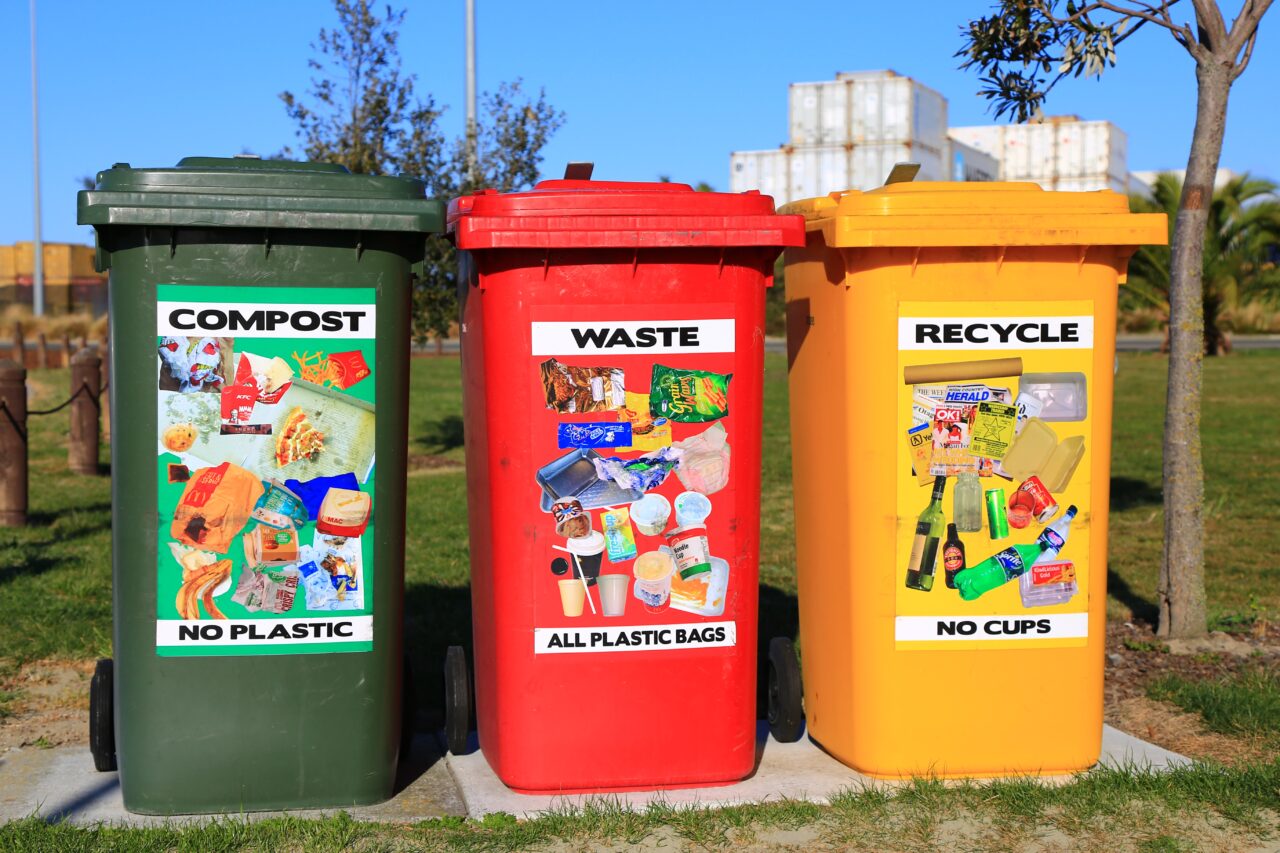Kampala is organized into 7 collection zones and each zone has different companies that are in charge of collecting and transporting the waste. These companies are contracted under a PPP arrangement and have the exclusive rights to collect the garbage in those zones. The companies in charge of this waste collection include:
- M/s Kampala solid waste management consortium
- M/s Homeklin (U) Limited
- M/s Nabugabo Updeal Joint Venture
Zone 1 and 6 seem not to have any appointed company as per the KCCA website. These companies are engaged by Kampala Capital City Authority (KCCA) on a PPP structure and are given exclusive responsibility for waste collection in their respective zones. Additionally, they charge a monthly fee of between UGX 30,000 for premium services (3 bags per week) and UGX 3,000 for bring-to-truck services. The collected waste is then dumped at the Kiteezi landfill located 12 km from the city center.
Stakeholders in the waste management value chain
The Kampala Capital City Authority (KCCA) is the body that has the overall mandate of solid waste management in the city of Kampala. They are responsible for all waste management as well as managing the landfills where the waste is dumped.
Through the Kampala Solid Waste Management Ordinance (2000) KCCA has the mandate to contract services of private parties to invest and undertaker business operations along the waste management chain. The KCCA through private public partnerships (PPPs) has contracted private entities that are responsible for collecting waste within the 7 subdivided zones of Kampala City. Each private entity carries out the responsibility of collecting waste within the zones on behalf of KCCA.
There are independent companies that carry out the services of segregation and recycling of the waste. Some of these companies provide the necessary infrastructure at the source of the waste to enable easier sorting and separation of the waste as it is generated. Some of the infrastructure that they provide are refuse skips and collection centers. These companies include the likes of Coca Cola who pay for the recycled plastic bottles and use them in their own value chain.
On the other hand, there are independent farmers who buy the segregated waste from other households. These farmers also provide the sacks whereby the household is expected to dump all its organic waste. The farmers then collect the waste and use it as feed for their animals while compensating the household for the waste collection.
Despite KCCA handing over the responsibility of waste collection and management to the private entities, KCCA remains responsible for collecting waste in designated public spaces and informal settlements. Waste disposal and treatment at Kiteezi landfill remains fully financed and managed by KCCA.
Waste generation in Kampala City
Kampala city has a population of circa 4 million people by day and 2 million city dwellers by night. A study done in 2014 found that 88% of the waste collected during the wet seasons was organic. During the dry months however 94% of it was organic and on average the moisture content was about 71%.
Kampala City generates 2,500 tonnes of waste according to Kampala Capital City Authority (KCCA) More than 80% of this waste is organic with some reports putting it as high as 92%. Only 40-50% of this waste is collected and transported to the landfill and the rest gets dumped in unofficial dump sites. Of the amount collected and transported 50% is collected by KCCA and the rest by private partners.
Waste management plans by Kampala City
In 2020, KCCA launched their 5-year strategic plan aimed at transforming Kampala City into an inclusive, livable, resilient and well-planned city that provides economic opportunities to all. The plan is set to run from the 2020/21 financial year to 2024/25 and is anchored on 4 key themes that are:
- Quality of life
- City resilience
- KCCA government and citizens engagement
- Economic growth
Under “quality of life” addressing health and environmental needs is a key component. Additionally, under “city resilience” developing a green and environmentally sustainable city is a focus area. During the launch of the plan the development of a recycling plant for garbage was identified as a top priority by the leadership of Kampala City. The plan aims at implementing the transport drainage master plan budgeted at UGX 739 billion shillings as well implement the waste management programs that include waste collection and recycling budgeted at UGX 184 billion shillings.
The Global Green Growth Institute (GGGI) provided technical and financial support to KCCA together with the European Union to develop the Greater Kampala Metropolitan Area’s Solid Waste Management strategy. The strategy aims at improving waste management by encouraging investment around the waste management value chain such as waste recovery and disposal. It aims at creating circular economy opportunities through better waste management and seeks to mobilize up to USD 300 Million in investment. The target is to collect and safely manage 65% of all generated waste and divert at least 35% of it from reaching landfills. This integrated waste management framework shall provide strategic guidance towards sustainable management practices of solid waste through a circular economy approach focusing on material recovery for sustainable waste management.
Additionally, the republic of Korea and GGGI are implementing a waste management project in Kampala. In this project new facilities such as wastewater treatment and sludge drying plants will be built as well as solid waste collection and treatment centers in different municipalities. The project will cost a total of USD 2.3 million.
Land to set up the new landfill called Dundu Mukono has already been purchased as at April 2023 and a waste recycling plant is planned to be set up there. The new landfill will sit on 135 acres and will have a medical recycling facility on 5 acres.
Author: David Kageenu
Manager – Fie-Consult LLP


